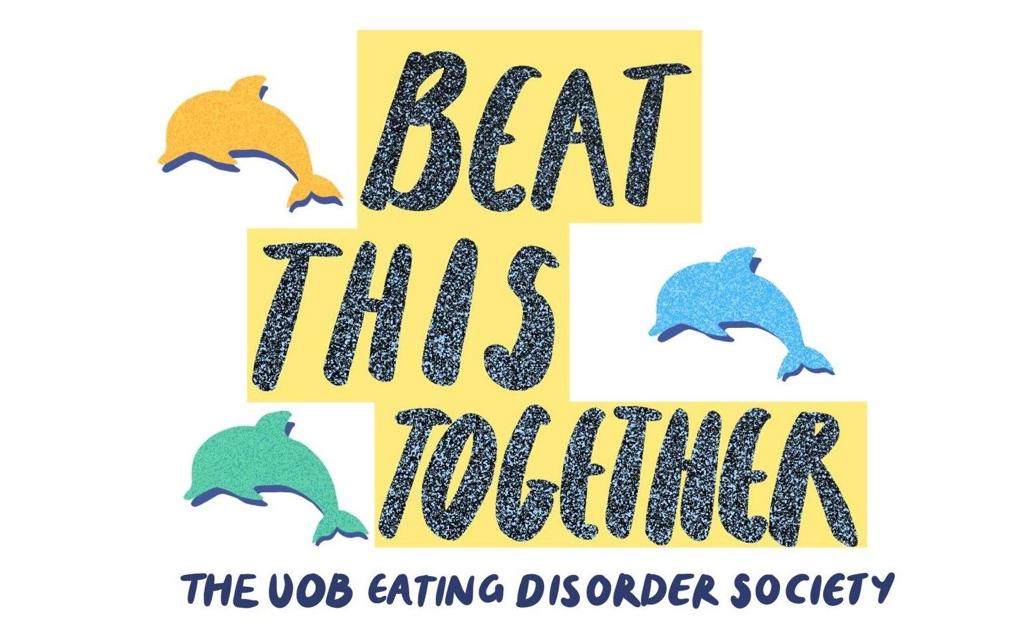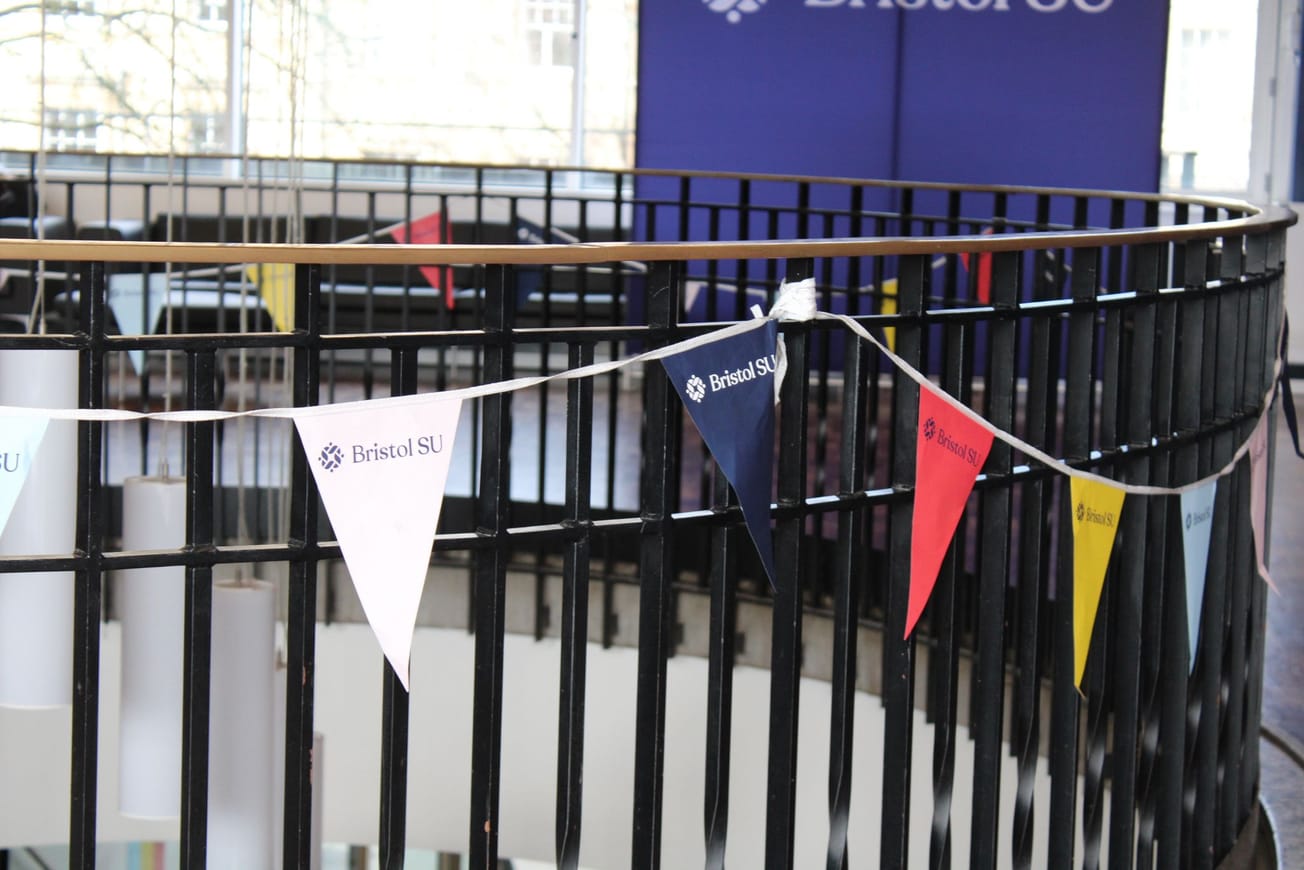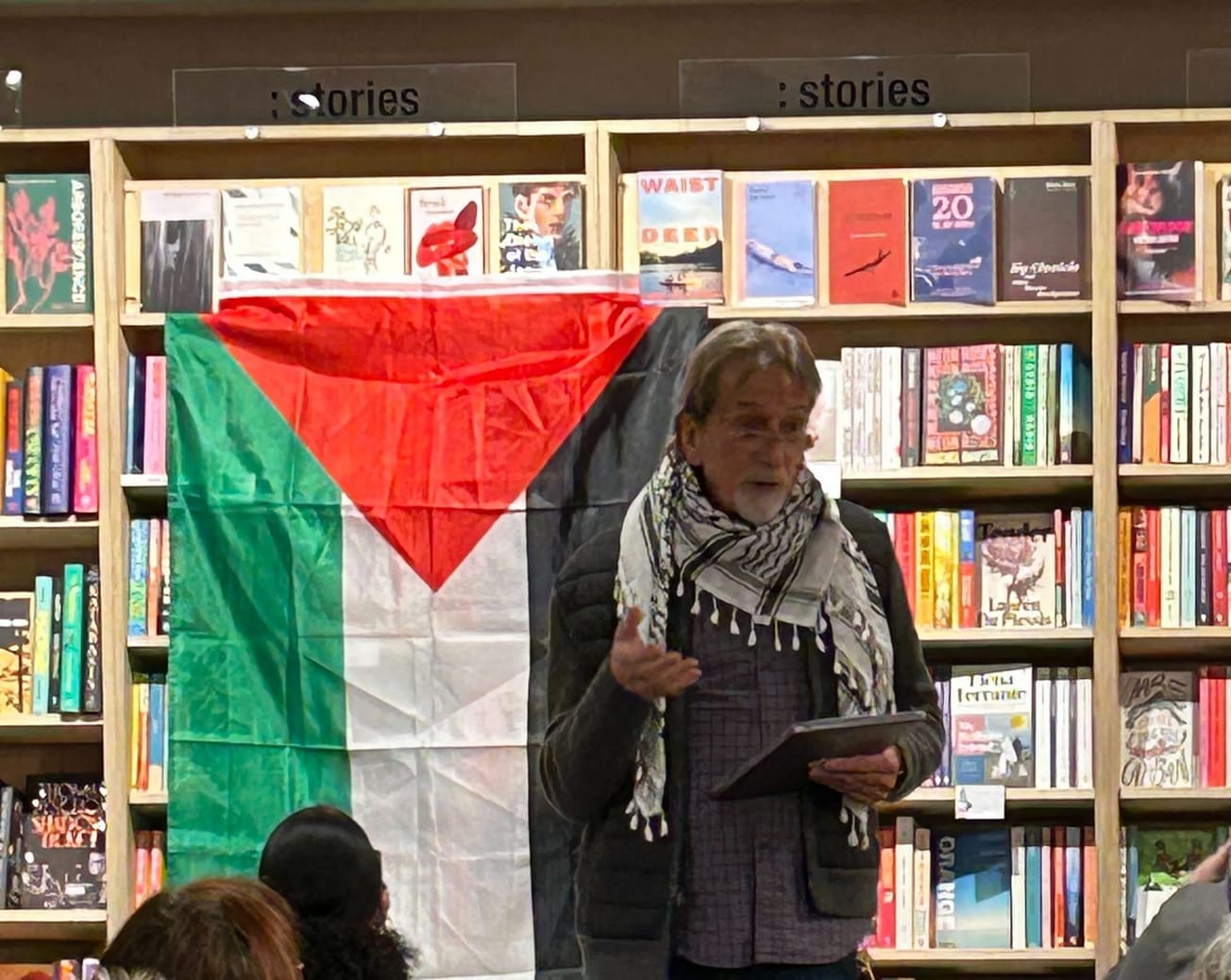By Nel Roden, Co-Deputy Features Editor
Trigger Warning: Disordered eating
With eating disorders estimated to affect almost 1.25 million people nationwide, it is now more crucial than ever that candid conversations are being fostered to raise awareness about the detrimental impact of disordered eating.
Epigram recently had the opportunity to speak to Beat This Together, the University of Bristol’s eating disorder awareness society. From the conversation with the society President, Katie Giddings, and Equalities Officer, Will Mills, valuable insights were gained into the society’s efforts to raise awareness on campus in the current academic year.
Beat This Together is affiliated with the UK’s leading eating disorder charity, Beat, who offer information, resources and support for those suffering from an eating disorder, as well as for their friends and family. When asked to elaborate on what it is that the University of Bristol chapter does, Will Mills explains: ‘As a society, we basically raise awareness and fundraise for Beat.’
Will discusses the prevalence of the charity’s outreach and notes that Beat also platforms specific support groups for a range of eating disorders.
When asked why they believe having an eating disorder awareness society on campus is important, Katie Giddings tells Epigram: ‘For a lot of people, moving to university is a huge change. So I think if you've previously struggled, moving to university can be a catalyst for those kinds of issues coming back up again.’
She continues: ‘But then also, even for people who've maybe never struggled, moving to uni may be the start of the struggle for them,’ highlighting the importance of having a supportive community that ensures all students feel equipped to navigate their eating disorders.
Will notes that the society receives positive feedback for the work they do on campus, stating that people appreciate seeing the society ‘Pop up on Instagram because it's a safe little corner.’ Katie reiterated this, emphasising that when young people start university, ‘You're kind of all on your own, so I think it's nice that people know that we're here.’
For the 2023/24 academic year, the society’s main objectives are to extend outreach to groups - both within and outside of the university - who are in most need of support and to increase fundraising efforts for the Beat charity.
'If you're struggling with an eating disorder, then you are not alone. Don't bottle it up, don't hide it. Tell someone'
Katie says that ‘One of the big things we do and are continuing to do to up the conversation is talks with sports societies because they can be areas where there are higher rates of eating disorders and disordered eating.’
Will elaborates: ‘We've already done a talk with women's football. Last year we had talks with the hockey society and hopefully we'll go back and do that again if they'll have us!’
Katie went on to talk about the society’s efforts to provide outreach to the wider community, noting their plans to continue doing talks in secondary schools as a way to support students in their transition to university.
In regards to fundraising, Will notes that ‘Because we were a small society, it does make it difficult to do fundraising events sometimes. Last year we got two bake sales and a few pub quizzes in, which was good, but we reckon we can do better this year. Our aim is to increase fundraising massively.’
Both Will and Katie draw attention to the misconceptions people have about the society. When asked to elaborate on what these were, Katie says:
‘I think people have got a bit of a misconception about us being a support group, so that kind of puts people off coming to socials and events. Whereas really we're here to help people in terms of signposting and passing them on to services that have support. But ultimately, we just want to create a nice, safe community for people.’
Will reiterated this, saying: ‘The biggest thing is that if anybody wants to get involved in fundraising or anything, you don't have to have had experience with an eating disorder. You don't need to have lived through anything. It might just be that on a random week at uni, you're a bit bored you find out Beat is looking for people to help out with a bake sale and you think, “Yeah, I'll go help out with a bake sale.”’
‘It's that kind of thing that we really want to increase, the message being, you don't have to have any sort of affiliation or lived experience to be a part of the society and to help us fundraise. Do a talk, write a blog post, do whatever. We just want you involved.’
‘If you're struggling with an eating disorder, then you are not alone. Don't bottle it up, don't hide it. Tell someone'
To get involved with the society, it is possible to contact the team via Instagram or request to be added to the society group chat, where you can receive information about upcoming events.
Will emphasises the society’s awareness that many people struggling with disordered eating choose not to use Instagram, and says that ‘Even if you want to protect yourself from the algorithm and everything like that, we’ll make sure that you still have a way of accessing information from us.’
To wrap up the conversation, Will and Katie each shared a message for any students who may be struggling with an eating disorder, Will tells Epigram: ‘If you're struggling with an eating disorder, then you are not alone. Don't bottle it up, don't hide it. Tell someone; tell your friend, tell your flatmates, tell your parents, call Nightline. Just talk about it because it can be so isolating.’
Change, and recovery, can't happen over night.
— Beat (@beatED) October 18, 2023
Learn more about the different stages of change on our website💜 https://t.co/gal95cNTbZ pic.twitter.com/INtlrOXnN6
He continues: ‘Even if a student is struggling, they're not alone and they will get through it because they can, they just can.’
Katie reiterates this and notes that ‘I would like to remind people that you're never not sick enough to ask for help. There's not some kind of magic point where you're suddenly entitled to help. Catching it early is the best thing that you can do for yourself. Whatever stage you’re at, don't compare yourself to other people because everyone's journey is completely different and if you feel you’re struggling even just a tiny bit, it probably isn't.’
Katie also acknowledges the pressure that the NHS is under currently, combined with the stringent criteria for eating disorders, it means that individuals who are seeking help are being turned away. She points out that ‘If you feel like you're being turned away, don't be put off, we've got loads and loads of amazing services in Bristol that you can access.
Spotlight | "Flava from Jamaica": visiting Gloucester Road's St. Mary's Kitchen
Is the University of Bristol diverse enough?
If you or anyone you know is struggling with an eating disorder, there is support available via the University’s Student Health Services, the Beat Eating Disorders website and the Beat This Together resource page.
Featured Image: Beat This Together Society
For further information on how to get involved with the society, as well as for their blog, visit the Beat This Together webpage.








